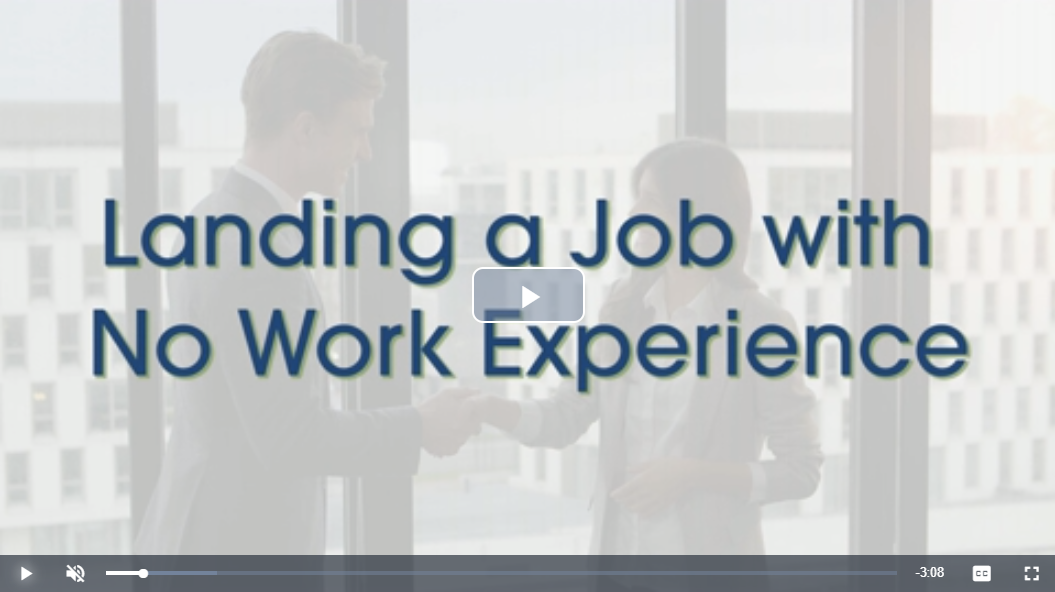Internships
Why internships matter...
The University of Minnesota Career Services encourages student experience to go beyond the classroom. Employers prefer college students to not only be knowledgeable in their field of study, but to have real-world, practical experience in their chosen field by the time they graduate.
Once a student is enrolled in a degree seeking program, they gain access to one of the University's job search systems to search for internships and other professional employment opportunities. For more career related information, students can visit their college's career services office.
Quality internships possess the following characteristics:
- Provide substantive and challenging work experiences.
- Strong training/orientation for student, including company culture and office procedures, in addition to training for specific job duties.
- On-going structured supervision by a primary supervisor to include regularly scheduled (at least weekly) meetings; opportunities for feedback; adequate opportunities for student to ask questions; meet monthly to review progress on supervisor's and student's learning goals; ideally, a mentoring relationship.
- Opportunity to observe professionals in action: participate in staff meetings, client meetings, attend presentations and/ or conference workshops, and talk with professionals in the department about their jobs and career paths.
- Opportunity to develop specific skills (i.e. research, writing, computer, presentation skills).
- Provide evaluation of overall experience; provide closure through recognition of intern contributions, reflection on learning experiences, and wrap-up of on-going projects; provide follow-up if necessary (letters of recommendation, networking, etc.).
- Some organizations provide professional development opportunities (i.e. presentations by upper-management to all interns within the organization, informational interviews, brown bag lunch seminars, etc.) and if there are multiple interns in a new location, some organizations provide social opportunities (picnics, movie night, etc.).
- Encourage and provide opportunities to read professional and company publications.
*Thanks to Julie Agee Gilaspy, Southern Methodist University and John Sullivan, San Francisco State University for this list.

Service Learning & Volunteering
In addition to internships, students can gain real-world, skill building expereince through service-learning and volunteering. To learn more go to the Center for Community-Engaged Learning. The Center for Community-Engaged Learning provides students with opportunities to connect with off-campus expereintial learning through service-learning and volunteering:
- Service-Learning Classes - These classes combine volunteer work with classroom studies. Students will volunteer between 2 - 3 hours per week at an organization that relates to the class subject.
- Community Engagement Scholars Program - Get official U of M recognition for public service. Students in this program volunteer, take service-learning classes, and do a final project. At graduation, they receive special honors.
- Volunteering in the Twin Cities - Interested in a volunteer position somewhere off campus? Get help finding one that matches your interests, values, and goals.
Co-ops
Co-operative education (co-ops) involves alternating semesters of full-time enrollment and full-time, paid employment related to the academic programs. At the University of Minnesota, these programs are available to students in the Insitute of Technology.
Co-ops are available in aerospace engineering and mechanics, biosystems and agricultural engineering, chemical engineering, civil engineering, computer engineering, computer science, electrical engineering, materials science and engineering, mechanical engineering, and industrial engineering. Typically, if you participate in a co-op experience, it will take more than four years to graduate; however, co-op work experience, which is comparable to entry-level employment, will be a valuable asset upon entering the competitive permanent job market.
Students may participate in co-operative education after completion of the sophomore year. Students must first obtain approval from ther academic department, which bases its decision on GPA and completed course work. Applications should be submitted for a co-op at the midpoint of their sophomore year. Transfer students may apply for admission to co-op programs once they have been admitted to their department.
There are several ways to locate an internship or co-operative education experience. Some employers hold on-campus interviews, others ask for resume referrals of interested students, and many post current opportunities. International students should see an advisor in International Student and Scholar Services about work permission.
Most co-op programs begin during the summer or fall semester. Each work session should expose the student to greater responsibilities and experiences. Students must complete a minimum number of work sessions to satisfy co-operative education requirements. The experience is paid, and they may also receive academic credit for the work experience. A letter grade or other designation may be assigned after completion of each work session. Both the student and thier employer must complete periodic evaluations to share with their academic department. Contact the participating departments for more information.
International Experience
The University of Minnesota's Learning Abroad Center (LAC) has an international reputation for innovation. Learning abroad Curriculum Integration (CI) content is placed directly into the undergraduate curriculum. Curriculum and Career Integration simultaneously enhance, proven techniques for integrating international experiences into students career planning.
Student Organizations
The University of Minnesota's Student Unions & Activities provides students with a way to get involved in the community, as well as to enhance and develop skills outside the classroom through student groups. Student Unions & Activities' vision is to embolden students to become globally recognized leaders through innovative and entrepreneurial spirit.
Use GopherLink to find opportunities and and easily track your student group involvement.
